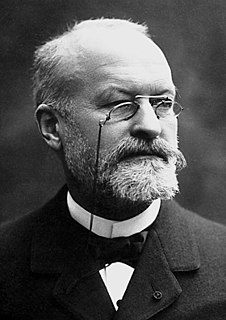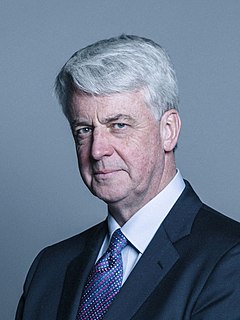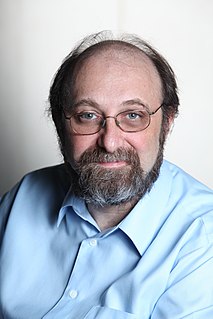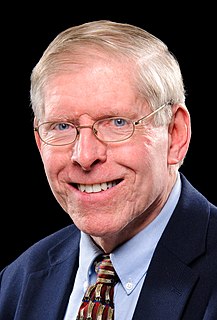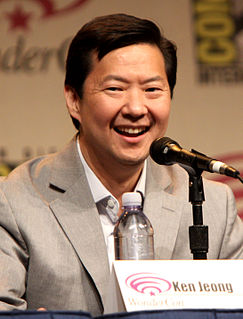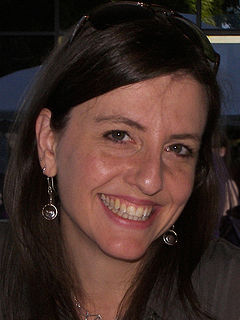A Quote by Charles Louis Alphonse Laveran
I had the opportunity of making necropsies on patients dead from malignant fever and of studying the melanaemia, i.e., the formation of black pigment in the blood of patients affected by malaria.
Related Quotes
I am a spiritual person. I'm a Catholic. I treat my patients, the dead patients, as live patients. I believe there is life after death. And I talk to my patients. I talk to them, not loudly but quietly in my heart when I look at them. Before I do an autopsy, I must have a visual contact with the face.
The vast majority of people who speak to me say they have had brilliant care. When they are critical, their concern tends not to be directed at the medical side but the ancillary things that surround it, such as helping patients to eat meals, cleanliness, and making sure that when patients have a problem, they are listened to.
